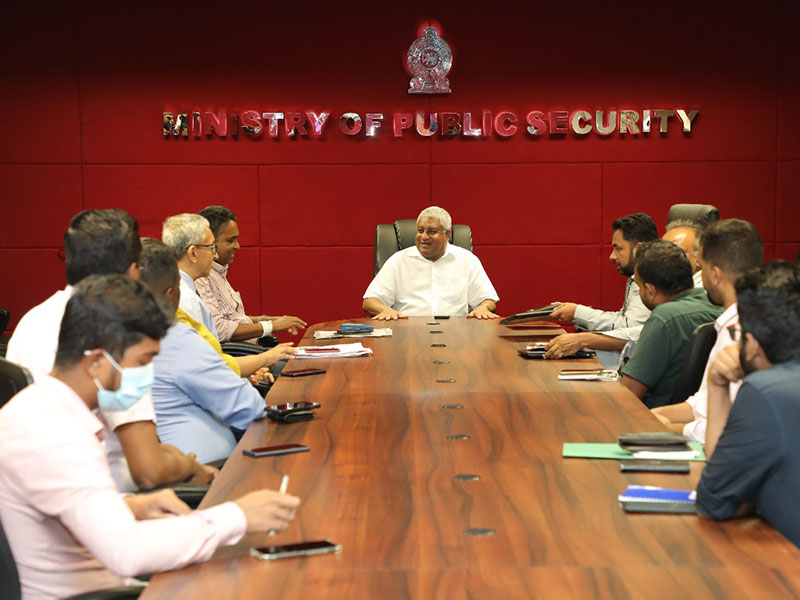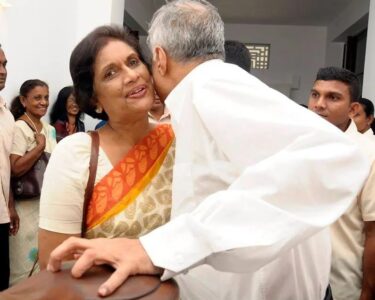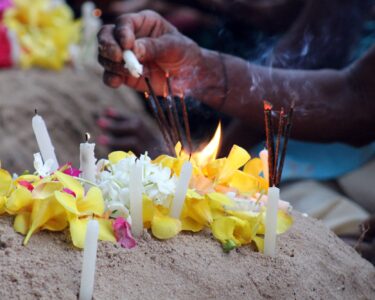Despite opposition concerns, Sri Lanka’s Parliament on Tuesday (23rd) voted to proceed with a debate on the controversial Online Safety Bill, raising fears of stifled online speech.
The bill, criticized for potentially curbing freedom of expression, faced immediate hurdles at the start of the session. Opposition leaders, who raised concerns about not receiving the committee report in time, requested a postponement. They, along with Speaker Mahinda Yapa Abeywardena, emphasized not having adequate information to engage in a meaningful debate.
However, government lawmakers pushed for an immediate discussion, ultimately winning the vote 83-50. The debate is now ongoing, amidst a tense climate already fueled by criticism of the bill and a separate counter-terrorism law.
Civil society groups have expressed alarm about the bill’s potential impact on dissent, fearing a shrinking space for open expression in Sri Lanka. The Centre for Policy Alternatives (CPA) highlighted this worry in a recent survey, revealing that a staggering 71.6% of the public remained unaware of the Online Safety Bill, further amplifying concerns about a lack of transparency and public engagement.
With the debate now underway, all eyes are on how Parliament will navigate this contentious issue and whether it can address concerns surrounding the bill’s potential implications for free speech and democratic rights in Sri Lanka







